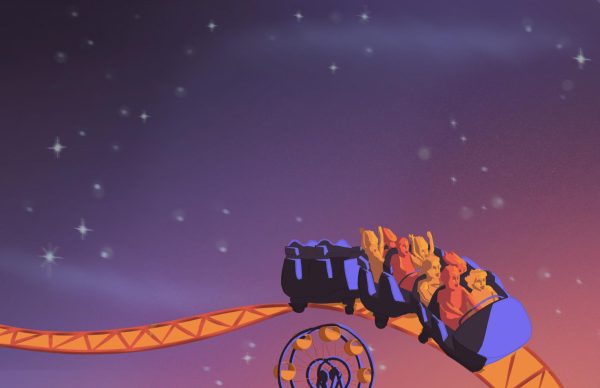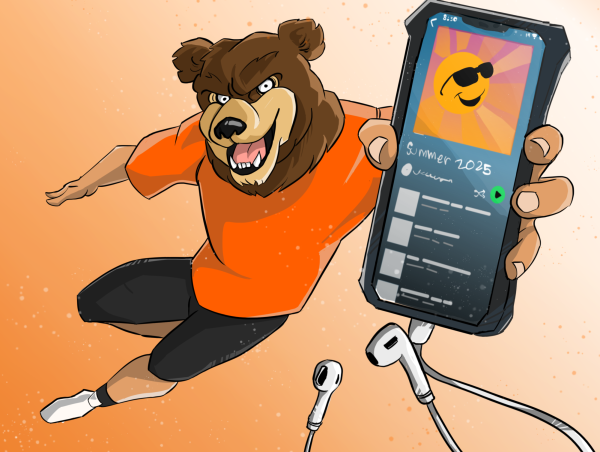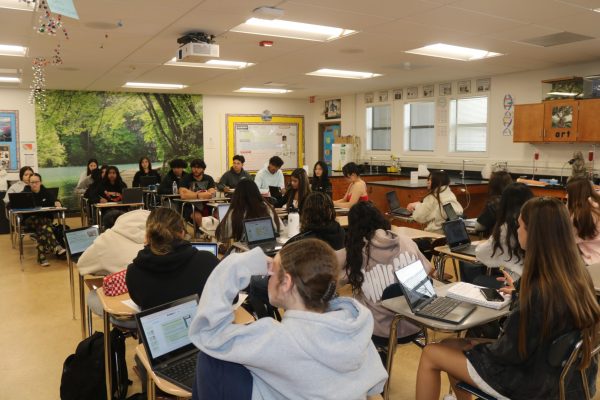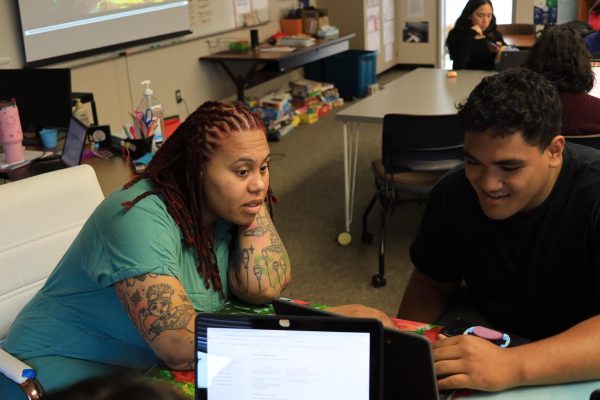ChatGPT, write my direct exam
Mock trial attorney wonders if his ‘job’ can be replaced by AI
Can artificial intelligence replace lawyers?
As ChatGPT sparked fascination among many for its unprecedented capabilities, individuals are now wondering whether this new tool can replace careers across various industries. One such industry is the field of law.
Developed by OpenAI, a San Francisco-based company, ChatGPT is an artificial intelligence chat bot that makes use of machine learning to answer users’ prompts. What separates ChatGPT from a search engine like Google is its unique ability to answer the wildest of prompts with the utmost personalization and complexity to almost perfectly replicate a conversation with an actual human.
Simply put, ChatGPT is Google on steroids.
As I explored the various capabilities of ChatGPT (for scientific purposes, not cheating), I discovered that it can do a lot. From writing code for my AP Computer Science A homework to answering conclusion questions in my AP Environmental Science lab, ChatGPT appeared to be a phenomenal tool.
All of this experimentation has finally led me to this question; Can ChatGPT, or more broadly, artificial intelligence, replace lawyers? Well, before we answer that, let’s take a look at what ChatGPT can do when it comes to the field of law.
As a defense attorney for the Cal High mock trial team, I wanted to see how ChatGPT could help me with my own case. I first started with the opening statement, a brief speech an attorney gives before examining witnesses. Essentially, this is the time when I tell the court a story, lay out all the relevant facts, and provide an overview of the witnesses I will call to testify.
This year, our case was about defending Jordan Franks, an actor who is accused of stealing a ring, that allegedly belonged to William Shakespeare, from co-star Billie Scher. Franks also is charged with battery as a result of an altercation with Scher.
After giving a brief overview of the charges against Franks, I told ChatGPT to write me an opening statement and the results were interesting, to say the least. While some of it came across as something from a movie, most of it made sense.
Upon providing further detail of the case, and in fact, copying and pasting the entire case brief, ChatGPT’s opening statement started to become more polished. It was able to pick up on the witnesses mentioned in the case brief and incorporate them into its opening statement.
For example, ChatGPT mentioned the expert witness in its opening by saying, “Firstly, we will call upon expert witness Jade Marquez, who will disprove the prosecution’s claim that the ring in question is William Shakespeare’s signet ring.”
I could totally see this in my own opening (not to say that ChatGPT is better than me).
But it was lacking something: a case theme. While it was able to effectively mention the charges and witnesses from the brief, it was understandably missing the human element of an opening statement.
Next, I wanted to see how ChatGPT would write cross-examination questions for the prosecution’s expert witness, who believes the ring belonged to Shakespeare. As defense, we want to prove the ring isn’t worth much money because it never belonged to Shakespeare. This way, if our client is found guilty, it would only be petty theft, as opposed to grand theft.
So I copied and pasted prosecution expert witness Ari Kouch’s statement and told the bot to come up with cross-examination questions, assuming it would know what that would mean.
This is when the flaws of ChatGPT started to be revealed. The questions ChatGPT came up for cross were open-ended and would require the witness to speculate beyond their own witness statement. Typically, attorneys want to ask leading questions on cross that have a yes-or-no answer to them. But ChatGPT’s cross-examination questions weren’t leading.
It looks like ChatGPT still has to develop its critical thinking skills. While it can definitely provide a template to brainstorm ideas and create a starting point, it does not yet possess the capabilities to articulate exactly what is needed at times.
So after seeing ChatGPT in action for mock trial work, can it replace lawyers? Based on what I saw, I would highly doubt its chances of winning a case.
Sure, it could probably write a simple NDA contract, but what’s ironic is that ChatGPT then indicates I should consult a licensed attorney.
I asked ChatGPT, “Will artificial intelligence replace lawyers in the future?” Its response acknowledged that certain human skills like decision-making, creativity, and empathy cannot be replicated through AI.
I rest my case.
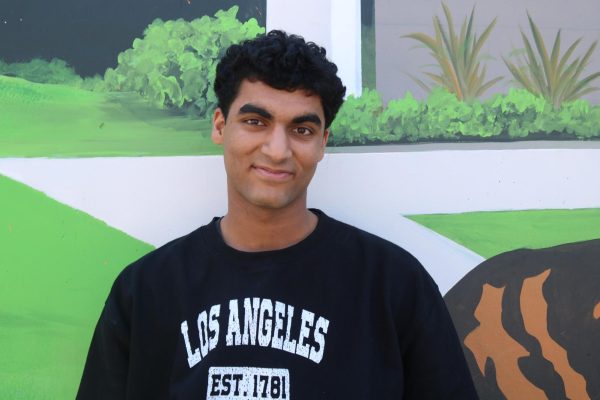
Senior Abhinav Purohit is back for year three as the Social Media & Video Production Editor for The Californian. This year he hopes to strengthen the...
